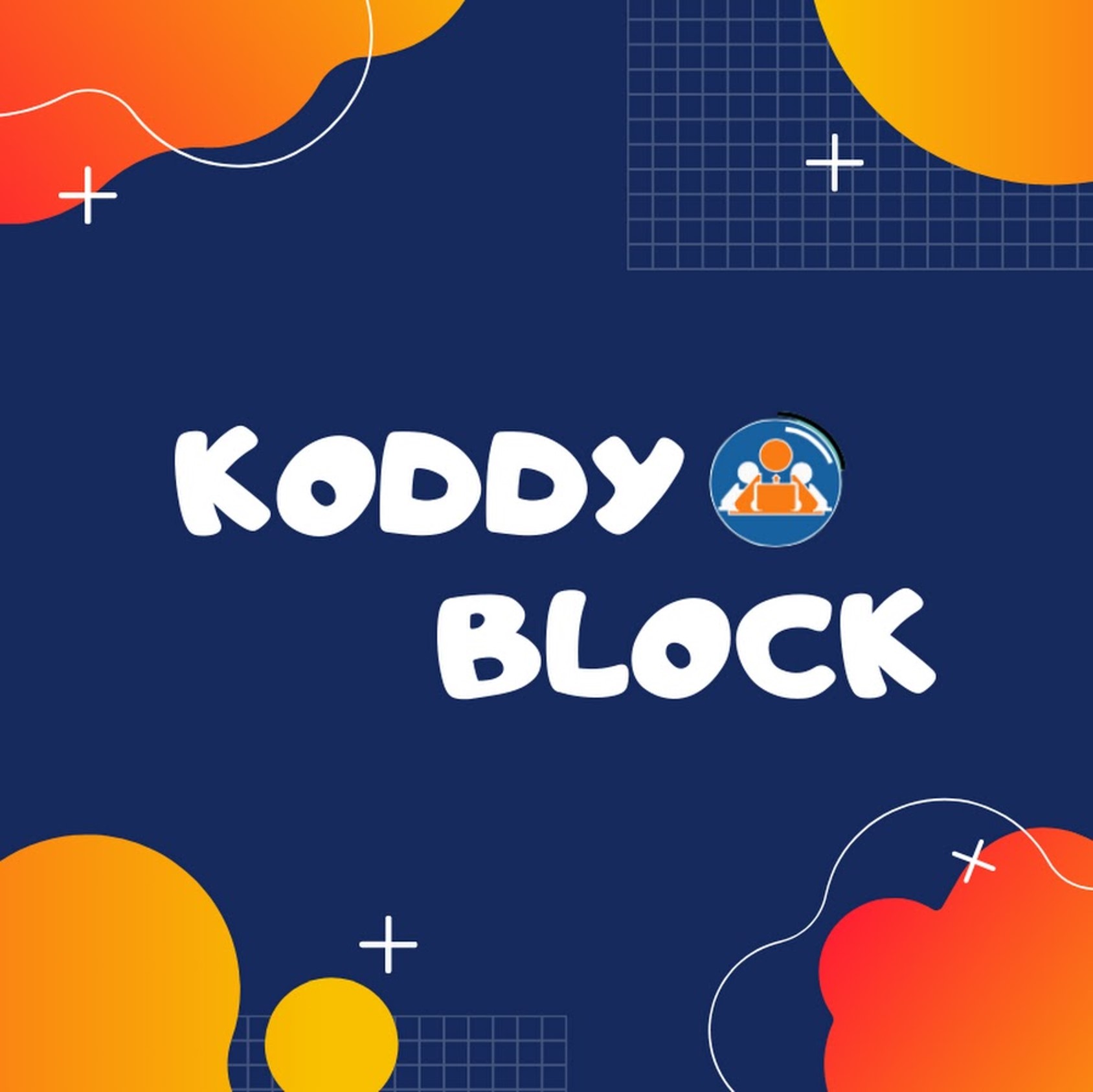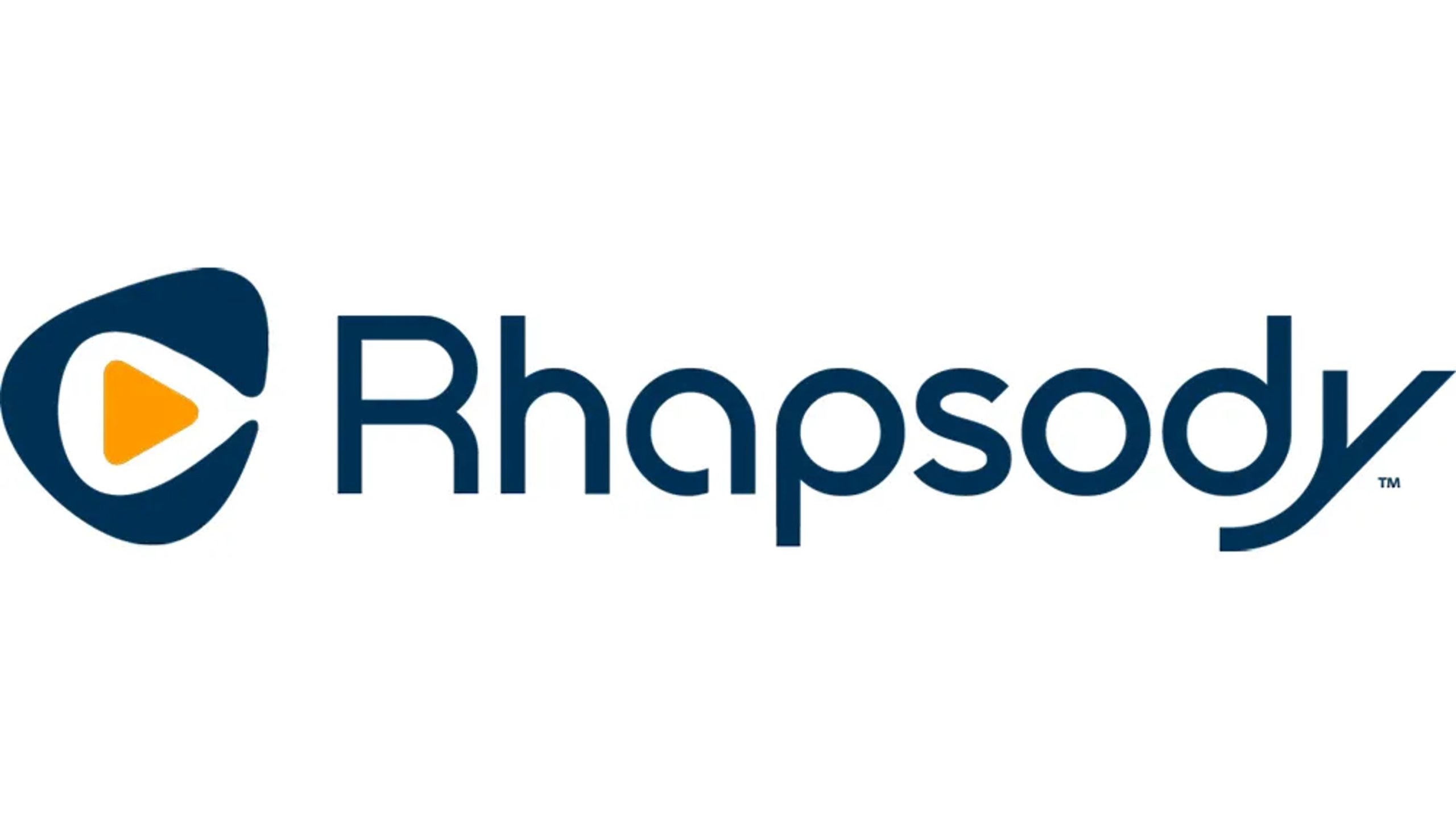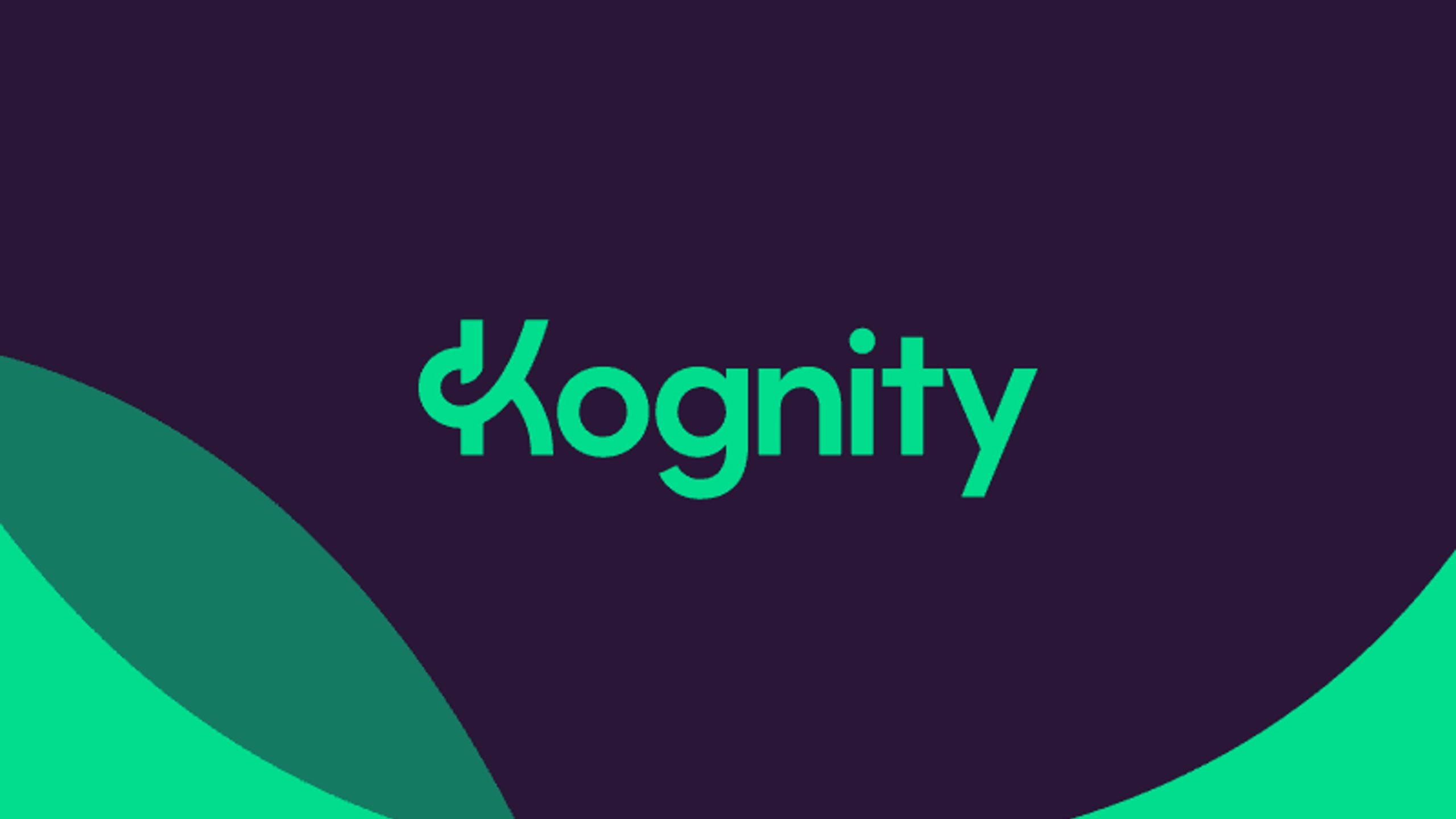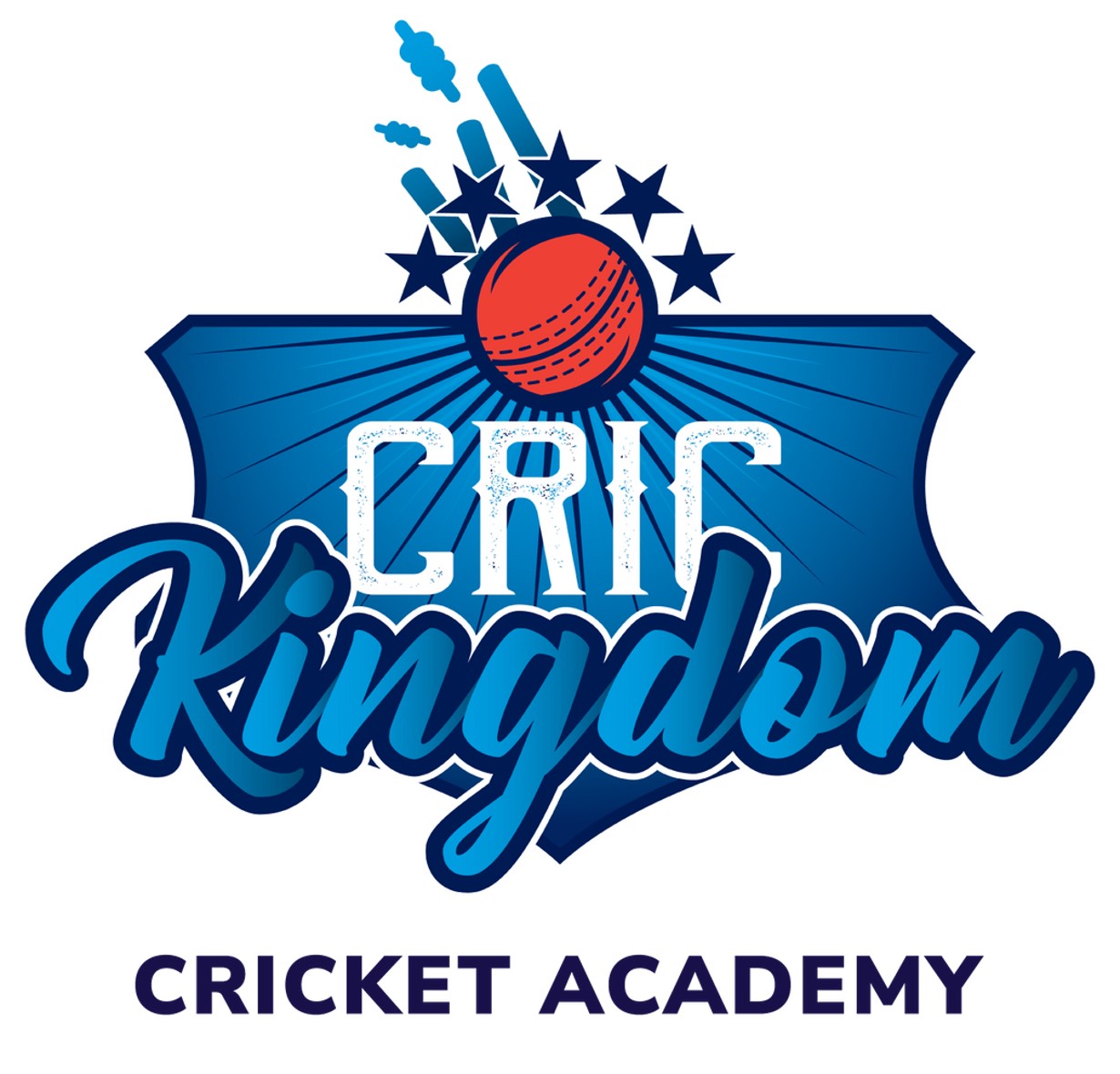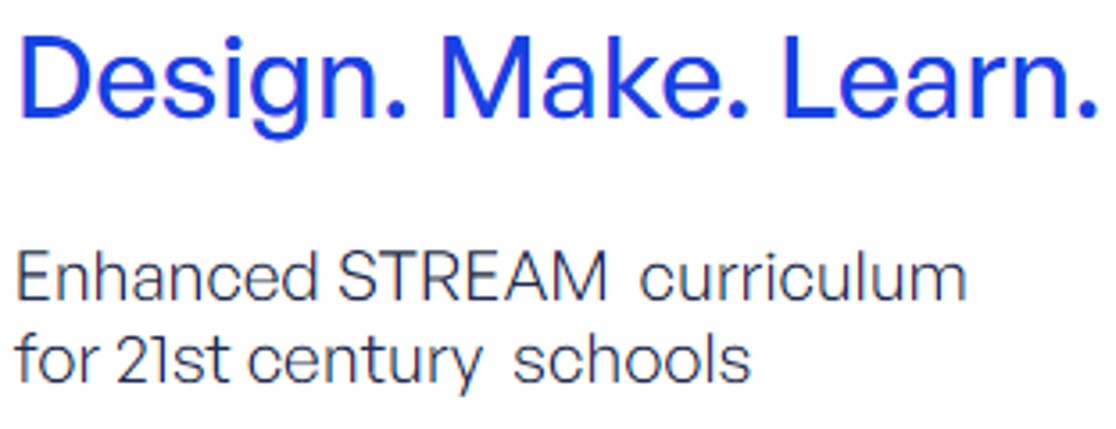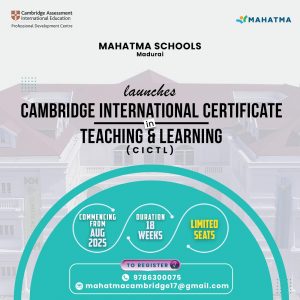Cambridge International Education
The Cambridge curriculum sets a global standard for education, and is recognised by universities and employers worldwide. The curriculum is flexible, challenging and inspiring, culturally sensitive yet international in approach. Cambridge students develop an informed curiosity and a lasting passion for learning. They also gain the essential skills they need for success at university and in their future careers.
What is an International curriculum?
- Over 10,000 schools in over 160 countries follow the Cambridge international curriculum
- The curriculum is international in philosophy and approach but can be tailored to local contexts
- Cambridge students study for Cambridge international qualifications which are accepted and recognised around the world
- Schools can also combine the Cambridge International curriculum with national curricula.
- Cambridge students moving between Cambridge schools can continue their studies following the same curriculum

Cambridge Pathway students have the chance to acquire the knowledge and skills they need to achieve at school, university and beyond.
The five stages lead seamlessly from primary to secondary and pre-university years. Each stage – Cambridge Early Years, Cambridge Primary, Cambridge Lower Secondary, Cambridge Upper Secondary and Cambridge Advanced – builds on the learners’ development from the previous one, but can also be offered separately. Each syllabus adopts a ‘spiral’ approach, building on previous learning to help advance students study. Our curriculum reflects the latest thinking in each subject area, drawn from expert international research and consultation with schools.
Knowledge, understanding and higher order thinking skills
Cambridge values deep subject knowledge as well as the conceptual understanding that helps students make links between different aspects of a subject. We also encourage students to develop higher order thinking skills – problem solving, critical thinking, independent research, collaboration and presenting arguments. They also make learning enjoyable and interesting.
Choice and flexibility for schools and students
Cambridge offers over 70 subjects at Cambridge IGCSE and Cambridge O Level, and over 55 subjects at Cambridge International AS & A Level.
Helping your learners transition to the next stage of their education
Cambridge Early Years is the first stage of the Cambridge Pathway:
- Cambridge Early Years
3 to 6 years old* - Cambridge Primary
5 to 11 years old* - Cambridge Lower Secondary
11 to 14 years old* - Cambridge IGCSE®
14 to 16 years old* - Cambridge International AS & A Level
16 to 19 years old*
Cambridge Early Years Programme
Key principles for the Cambridge Early Years Programme Cambridge has synthesised evidence and research relating to quality and impact of early years education to derive and set out the following principles:
A child’s learning and development are shaped by social and cultural factors through the contexts of their home, community and early years settings. (Jensen and Rasmussen, 2019; Melhuish et al., 2017; Pufall Jones and Mistry, 2019; Sylva et al., 2010; Whalley et al., 2007)
Children learn most effectively when they are engaged and actively involved in their learning, supported by the practitioner through well-planned experiences which provide children with feelings of competence, agency, emotional attachment and self-worth. (Bandura, 1997; Deci and Ryan, 2008; Evangelou et al., 2009; Malaguzzi, 1993a, 1993b; Montessori, 1949; Moss, 2010; Papatheodorou and Moyles, 2008; Pekrun et al., 2002; Perry et al., 2019; Stewart, 2014)
Early years learning should be based on an appropriate balance of physical development, cognitive development, language and communication development, and social and emotional development. (Kumpulainen, 2018; Siraj‐Blatchford and Sylva, 2004; Stephen, 2010; Sylva et al., 2010)
Early years pedagogy should be play-based, developmentally age-appropriate and child-centred, and should include both child-initiated and adult-led practice. (Broadhead, 2018; Callanan et al., 2017; Colliver, 2019; Li, 2020; Hirsh-Pasek et al., 2008; Rogers, 2014; Sylva, 2010; Zosh et al., 2018)
Early years pedagogy should support the development of children’s awareness and control of their own thinking, learning and emotions (self-regulation), supported by child-initiated play and talk about learning. (Berk et al., 2006; McClelland et al., 2015; Perels et al., 2010; Perry,1998; Vallatton and Ayoub, 2011; Whitebread, 2014; Whitebread et al., 2019)
Language and communication development – including literacy – is a fundamental tool for learning and influences later school success; high-quality oral interactions and adult modelling are vital to development in this area. (Dickinson and Porche, 2011; Kuhl, 2004; Littleton et al., 2005);
Mathematics learning needs to be acquired explicitly within the whole curriculum to support development of abstract mathematical language and thinking. (Carr et al., 1994; Johansson, 2005; Resnick, 1988; Schoenfeld, 1992)
Key aspects of development are acquired quickly and readily at young ages; they require more support and structure to acquire later, and their absence may affect other areas of learning. (Goswami, 2015; Mellanby 2019; Oates 1995; Taggart et al., 2015)
Assessment or evaluation of a child’s learning and development is essential for monitoring and for planning their next steps; systematic observation is fundamental to authentic and valid assessment in the early years. (Broadhead, 2018; Dubiel, 2014; Sylva et al., 2010)
Social learning (the interaction skills required to make and maintain friendships, work in groups and succeed in society) plays an essential role in a child’s individual development. (Kragh-Müller, 2017; Sylva et al., 2010, Taggart et al., 2015)
Early years provision should support children in making a successful transition to primary school, including through the development of foundational skills and a gradual move from informal play-based pedagogy to more formal teaching. (Corsaro and Molinari, 2005; Fabian and Dunlop, 2002; Sylva, 2013)
Focus, rigour and coherence should underpin the design and implementation of any early years programme. (Callanan et al., 2017; Rodger, 2012; Schmidt, 2018)
Source: https://schoolsupporthub.cambridgeinternational.org/cambridge-early-years/about
Cambridge Primary
Cambridge Primary starts learners on an exciting educational journey setting out what they should be able to do at each stage of their primary education.
The programme is typically for learners aged 5 to 11 years and develops skills in ten subjects including English, Mathematics and Science.
Cambridge Approach
Active Learning
Cambridge encourages active learning, which involves learners being engaged in their learning rather than passively listening and copying information. Learners should take part in a variety of activities that encourage them to think about the knowledge or skill they are learning rather than on the task itself.
Source : https://primary.cambridgeinternational.org/about-cambridge-primary/curriculum

Cambridge Lower Secondary
Cambridge Lower Secondary is typically for learners aged 11 to 14 years. Schools can shape the programme around how they want their students to learn, developing young learners who are confident, responsible, reflective, innovative and engaged. The programme provides a natural progression for children from lower secondary education and prepares them for post-14 education programmes that lead to formal qualifications.
Source : https://www.cambridgeinternational.org/programmes-and-qualifications/cambridge-lower-secondary/
Preparing for Upper Secondary: Cambridge Lower Secondary forms part of the Cambridge Pathway and the subjects are designed to support a smooth transition onwards to relevant IGCSE and O Level syllabuses in Cambridge Upper Secondary.

Cambridge Upper Secondary
Cambridge Upper Secondary is typically for learners aged 14 to 16 years. It offers learners two routes: Cambridge IGCSE and Cambridge O Level. Cambridge Upper Secondary builds on the foundations of Cambridge Lower Secondary although learners do not need to complete that stage before this one.
The Cambridge IGCSE curriculum offers a variety of routes for learners with a wide range of abilities including those whose first language is not English.
We help schools build a programme around their specific needs. Starting from a foundation of core subjects, it is easy to add breadth and cross-curricular perspectives. Encouraging learners to engage with a variety of subjects, and make connections between them, is fundamental to our approach.
For learners, Cambridge IGCSE helps improve performance by developing skills in creative thinking, enquiry and problem solving. It is the perfect springboard to advanced study.
There are varied subjects available at Cambridge IGCSE including many languages and it is upto schools to offer them in any combination. Cambridge IGCSE develops learner knowledge, understanding and skills in:
- Subject content
- Applying knowledge and understanding to new as well as familiar situations
- Intellectual enquiry
- Flexibility and responsiveness to change
- Working and communicating in English
- Influencing outcomes
- Cultural awareness
Schools worldwide have been involved in the development of Cambridge IGCSE. The syllabuses are international in outlook but retain a local relevance. They have been created specifically for an international student body and avoid cultural bias.
What is the difference between IGCSE Core and IGCSE Extended?
To take into account differing abilities, there is a choice between Core and Extended curriculum papers in some subjects.
The Core curriculum is within the ability range of a large majority of students. It provides a full overview of the subject and is targeted at students expected to achieve grades C to G.
The Extended curriculum has been designed for the more academically able. It is targeted at those expected to achieve grades A* to E.
Cambridge International AS & A Levels
Thousands of learners worldwide gain places at leading universities every year with Cambridge International AS & A Levels. The syllabuses develop a deep understanding of subjects and independent thinking skills.
Cambridge offers a choice of subjects and schools can offer them in almost any combination. This flexibility means schools can build an individualised curriculum and learners can choose to specialise in a particular subject area or study a range of subjects.
Cambridge International A Level is typically a two-year course and Cambridge International AS Level is typically one year. Some subjects can be started as a Cambridge International AS Level and extended to a Cambridge International A Level.
“Cambridge International A Levels are the gold standard qualification.”
– Mark Vella, Director of Studies, Auckland Grammar School, New Zealand.

